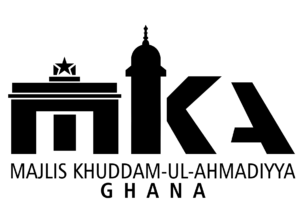On the 16th of June, 2024, following the Eid-ul-Adha prayers, the Central Regional Naib Qaid of MKA Ghana participated in a captivating radio interview. He discussed the significance of Eid-ul-Adha and the differences between Eid-ul-Fitr and Eid-ul-Adha. He conveyed a compelling message to Muslim youth about maintaining peace during Ghana's upcoming elections on December 7, 2024, emphasizing the principles of the Khuddam Pledge.
Interviewer: "Thank you for joining us today, Naib Regional Qaid. As we just concluded the Eid-ul-Adha prayers, can you explain the significance of Eid-ul-Adha to our listeners?"
Naib Regional Qaid: "Thank you for having me. Eid-ul-Adha, also known as the Festival of Sacrifice, is one of the most significant Islamic holidays. It commemorates the willingness of Prophet Ibrahim (Abraham) to sacrifice his son, Ismail (Ishmael), as an act of obedience to Allah. However, Allah provided a ram to be sacrifice instead. This festival symbolizes faith, obedience, and the importance of sacrifice for the greater good. It is also a time for Muslims to perform Qurbani-the act of sacrificing an animal and distributing its meat to the needy-which fosters a sense of community and charity."
Interviewer: "That's quite profound. How does Eid-ul-Adha differ from Eid-ul-Fitr, which is also a major Islamic celebration?"
Naib Regional Qaid: "Eid-ul-Fitr, often referred to as the Festival of Breaking the Fast, marks the end of Ramadan, the holy month of fasting. It is a day of gratitude to Allah for the strength and patience shown during the month of fasting. Eid-ul-Fitr is characterized by communal prayers, feasting, and giving Zakat al-Fitr, a form of charity, to ensure that the less fortunate can also partake in the celebrations. In contrast, Eid-ul-Adha focuses on the act of sacrifice and the lessons of obedience and faith, reflecting on Prophet Ibrahim's devotion. Both Eids emphasize community, charity, and gratitude, but they are rooted in different historical and religious contexts."
Interviewer: "Thank you for that clarification. As we look ahead to the upcoming elections in December 2024, what message do you have for the Muslim youth regarding their participation and conduct during this period?"
Naib Regional Qaid: "As we approach the elections, the Muslim youth must remember the teachings of Islam that emphasize peace, respect, and integrity. Our beloved Prophet Muhammad (peace be upon him) always advocated for justice and peaceful coexistence. Therefore, I urge the youth to engage in the electoral process responsibly, exercise their right to vote, and avoid any form of violence or unrest. Let us be ambassadors of peace and unity, demonstrating that our faith upholds the principles of democracy and harmony."
He continued, "This is also a time to reflect on the Khuddam Pledge, where we vow to always be ready to sacrifice life, wealth, time, and honour for the sake of our faith, nation, and country. Let us embody this pledge in our actions by contributing to a peaceful and successful election period, ensuring that Ghana continues to be a beacon of stability in the region."
Interviewer: "Wise words indeed. Thank you for sharing your insights and valuable advice with us today. We wish you and the entire Muslim community a blessed Eid-ul-Adha and a peaceful election season."
Naib Regional Qaid: "Thank you. Eid Mubarak to all, and may Allah bless Ghana with peace and prosperity."
The interview concluded with a sense of hope and unity, highlighting the importance of cultural and religious understanding, and reinforcing the role of the youth in shaping a peaceful and democratic future for Ghana, in alignment with the principles of the Khuddam Pledge.

















